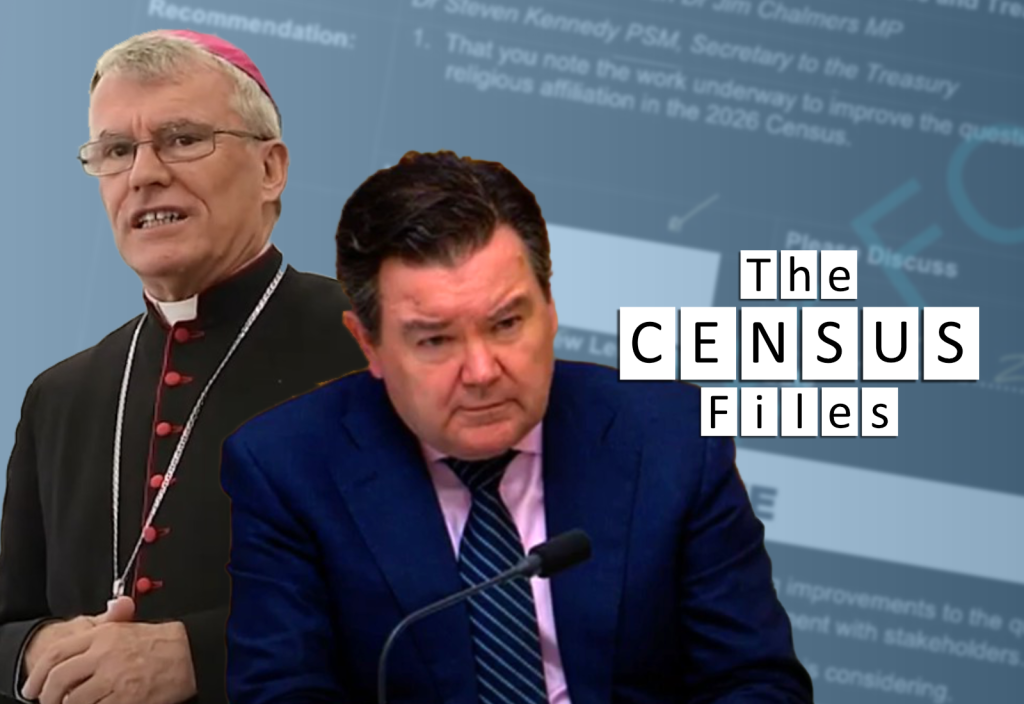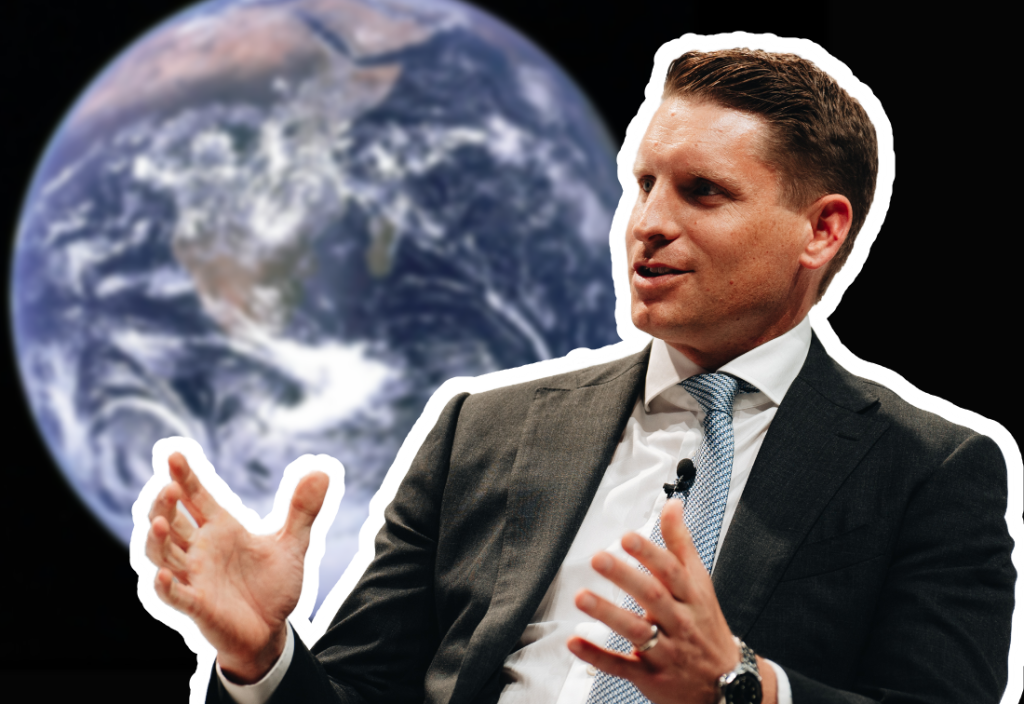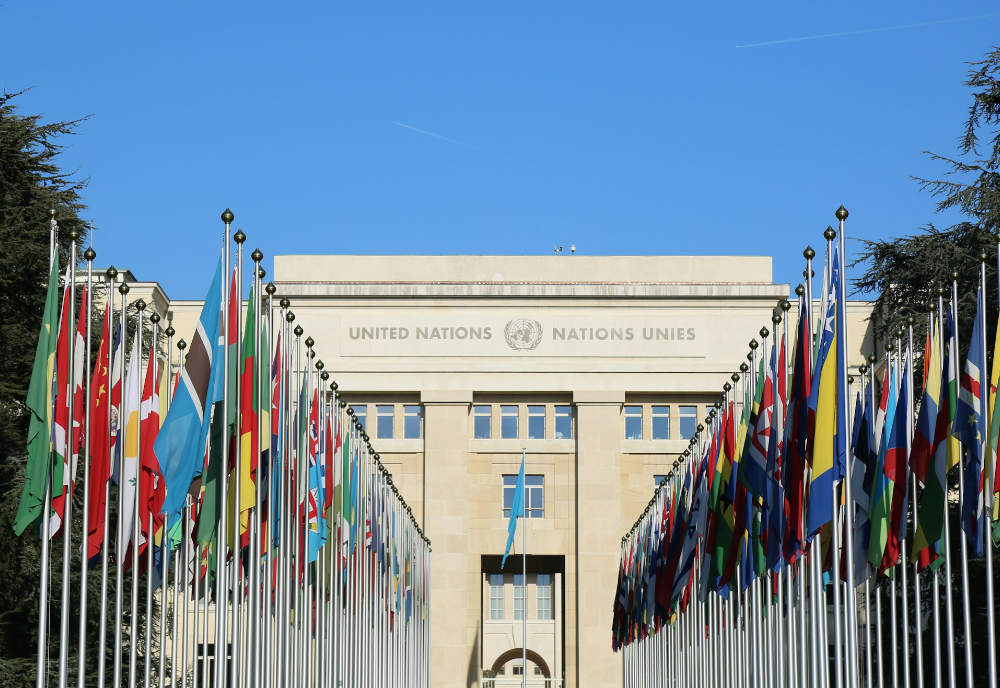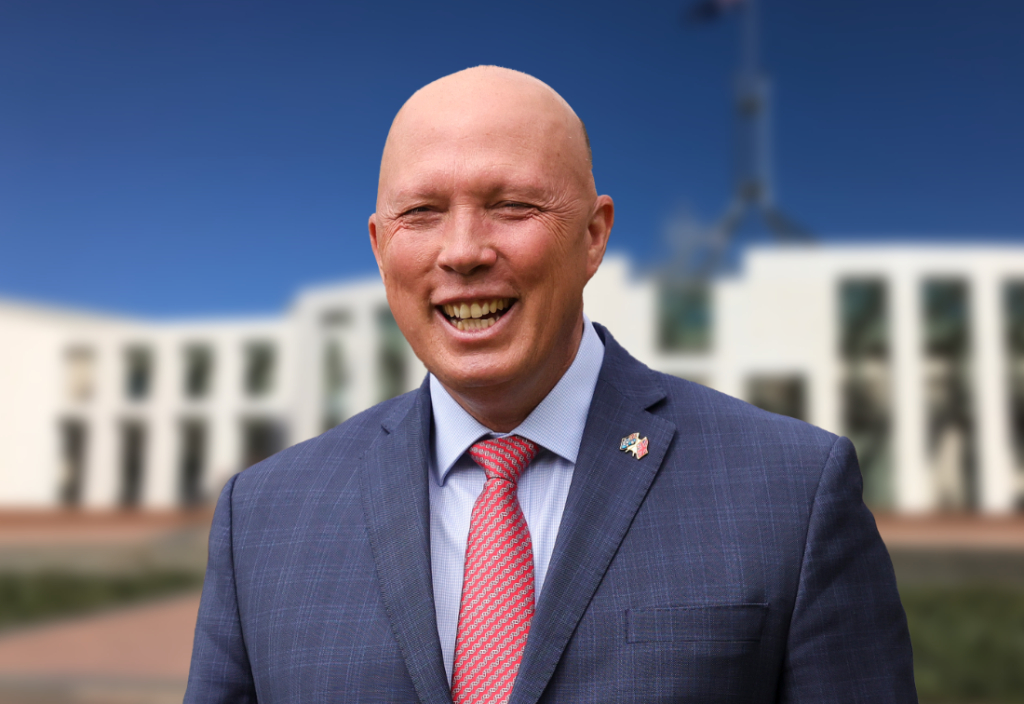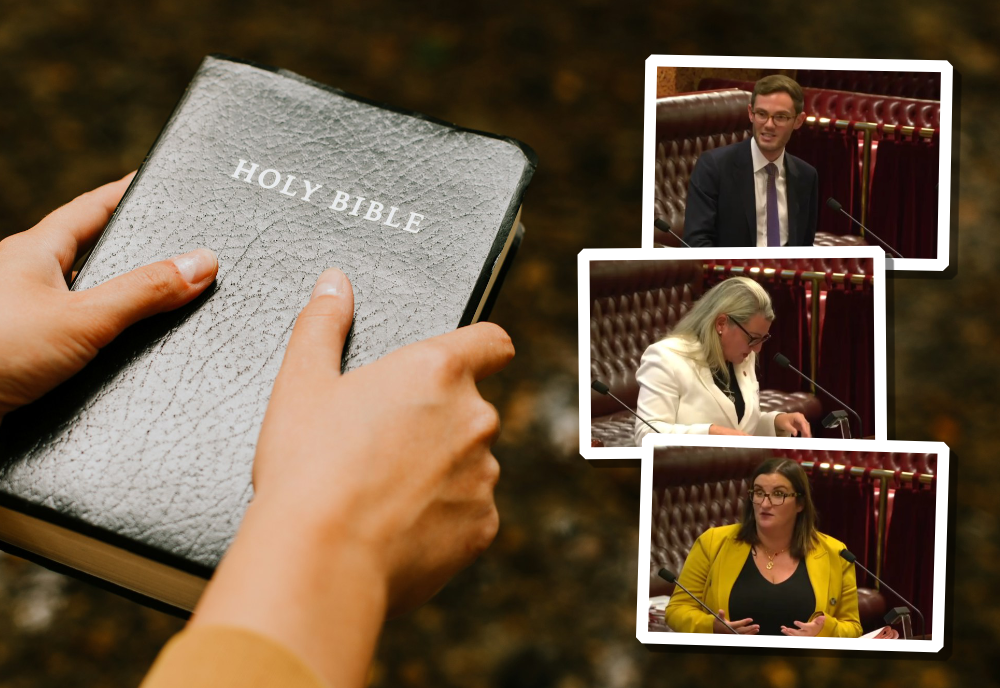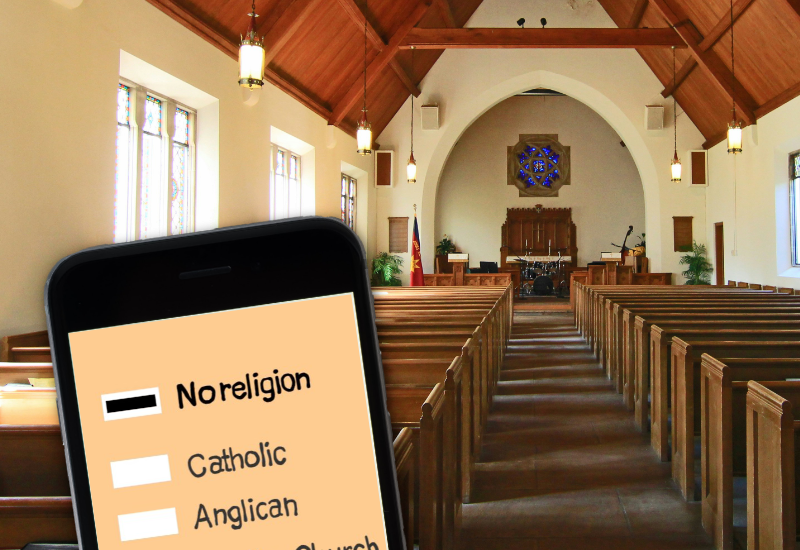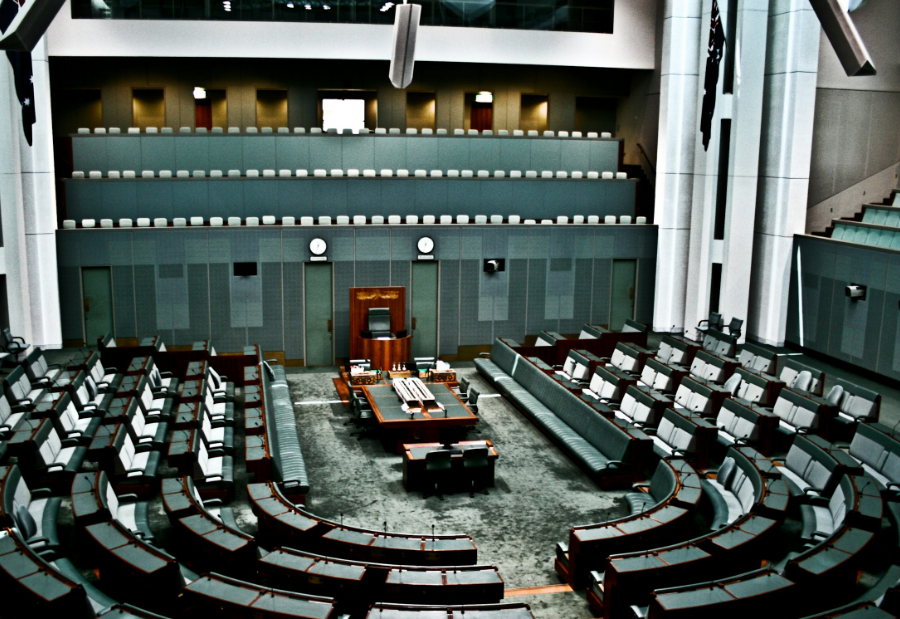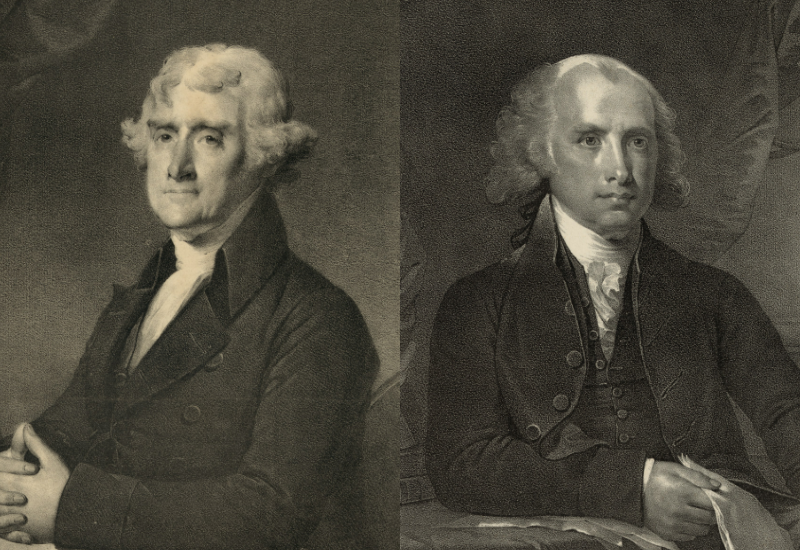This article is part of our ‘A secular Australian future’ feature series to mark the first Secularism Australia Conference, being held on Saturday 2 December in Sydney.
So often we hear about the dizzying pace of change in modern society. And yet, despite plummeting levels of religiosity, progress towards a truly secular society proceeds in fits and starts, and remains agonisingly slow. If we are dizzy, it’s from going round in circles.
My colleagues at the Rationalist Society of Australia may disagree with me, pointing to admirable progress in access to terminations, voluntary assisted dying, and same-sex marriage. But, even after modest gains, we witness a clamoring to wind back these changes and to add exceptions for religious freedom. And these gains seem paltry compared to the drop off in churchgoing and the rise of the nones, according to the Census.
‘Yes’ voters for The Voice know exactly how I feel. A no-brainer was scuppered by an inept campaign working in accidental partnership with the captains of golden-age thinking. But, even so, it seems like it might be easier to change the Constitution than to remove scripture from public state schools – in all states bar Victoria.
The no-brainers abound. We have prayers in parliament and councils, while few – less than 15 per cent of people – still pray in private. The public purse still subsidises faith groups in the millions. Chaplaincy is government-funded, and most chaplains are faith-based. Independent schools are mostly faith-based, as are many of our hospitals and aged care facilities. And so on.
Many faith-based groups want to preserve golden-age values by protecting them within their own walls. They want to hire people of all stripes but make them conform to a strict set of beliefs in their job and sometimes in their private life as well. They want to continue refusing service on religious grounds.
All of this is framed within the context of ‘religious freedom’ – a term now weaponised by faith groups to inflict their values on the rest of us. The obfuscations are never ending and the debates are tiresome.
As an advocate for secularism, I feel like I’m endlessly repeating the same obvious answers. For example, religious freedom was derived from freedom of thought and is not solely a benefit for those of faith.
A greater proportion of the faithful, particularly Christians, have a strong desire to influence society. Making disciples remains an article of the faith. Being Christian carries with it a responsibility to promote and preserve the faith.
Therefore, it’s not surprising that many politicians mention God in their maiden speech. Around the states, no matter who wins, usually an evangelical Christian grabs the education portfolio. Scripture classes? Oh, there’ll be no change to that! We are at a disadvantage to the disproportionate representation by Christians.
The problem with secularism is also a problem with democracy. In theory, democracy is about representing the people. In practice, it’s about winning elections. Often the best ideas are sunk like a poorly developed immersible.
The power of money and interest groups reigns. The parties still legally accept cash donations from interest groups. For most faith groups, the cup overfloweth with money and lobbying power. Thus, proposals enjoying substantial public support are often doomed to failure.
The best thing secularists can do is illuminate the stark contrast between empirical facts and unverified beliefs. We can paddle with the tide of public opinion…
It is only when public sentiment becomes overwhelming that the gears of lawmaking lurch into action. In recent years, the greatest victories for secularism have been driven by public opinion.
Our non-religious brethren now make up nearly 40 per cent of society. Surveys have shown strong public support for pro-choice access to abortion, voluntary assisted dying, and same-sex marriage. And those represent the areas of progress.
As we recoil at the unspeakable violence in the Middle East, we should reflect on the religious origins of the conflict, noting how faith fuels extreme levels of hatred, whilst perpetuating the problem. With both parties having God on their side, there can never be a solution.
If the Enlightenment brought us anything, it was the insight that the collision between mutually exclusive and unverifiable beliefs is best vitiated through secular governance.
Change will come. Public sentiment in support of secularism continues to grow alongside a commensurate drop in religious belief. Perhaps, as secular activists, we should focus on this area rather than lobbying politicians. Public opinion will win in the end. Fragile, poorly funded secular groups are Samson to the Goliath of the historical legacy of a universally Christian society.
As unfashionable as they are today, the New Atheists made a profound impact influencing people to doubt the empirical claims of religion by highlighting its unscientific and disproven claims, its childish and outdated moral claims, and challenging the ongoing deference to religious groups.
The New Atheist zeitgeist is alive and well in the consciousness of most thinking people. Highlighting the lack of evidence, contradictions, mutual exclusivity, and the unverifiable nature of the major religions remains the most powerful tool in influencing public opinion towards secular governance.
We have seen faith wilting under the bright light of science, technology and access to knowledge. The best thing secularists can do is illuminate the stark contrast between empirical facts and unverified beliefs. We can paddle with the tide of public opinion rather than against the intransigence of those already inculcated.
Let’s make politicians dizzy from Census figures and opinion polls, and hopefully progress will accelerate steadily from there.
If you wish to republish this original article, please attribute to Rationale. Click here to find out more about republishing under Creative Commons.
Photo by Mads Schmidt Rasmussen on Unsplash.




